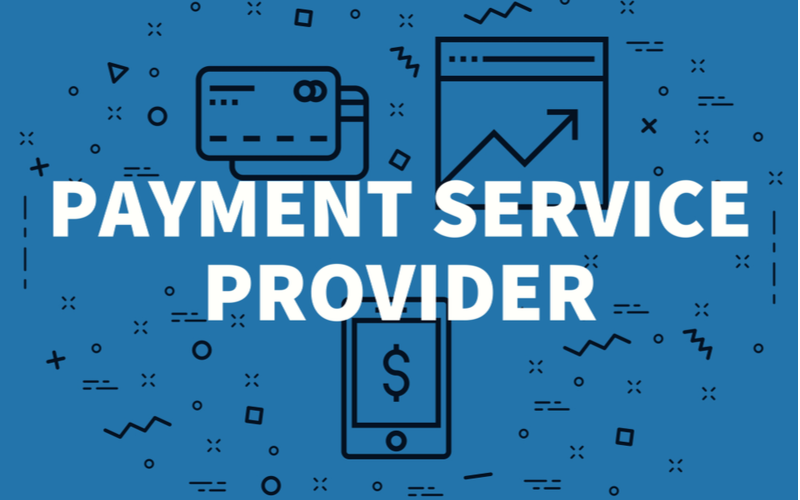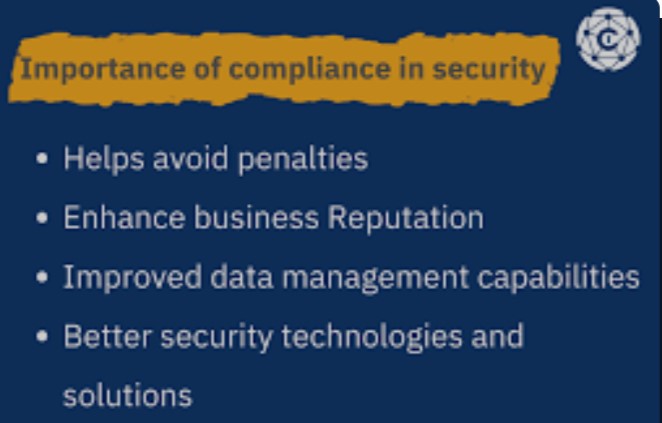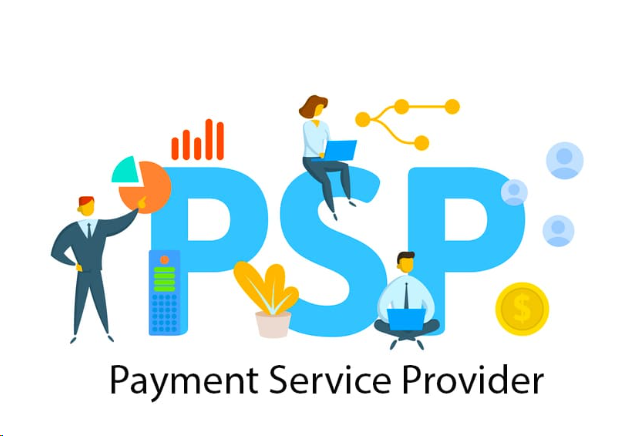AUTHOR : BELLA
DATE : FEBRUARY 26, 2024
Introduction to High-Risk PSP Lead Generation
In the realm of financial services, high-risk PSP lead generation in India caters to businesses considered risky by traditional financial institutions due to factors like high chargeback rates, industry type, or geographical location. Lead generation, therefore, becomes a critical aspect of their operations to sustain growth and profitability.
Understanding the High-Risk PSP Industry

What is a high-risk payment service provider (PSP)?
High-Risk PSP in India specializes in providing payment processing solution to businesses that traditional banks may deem too risky to engage with. These businesses include online gambling, adult entertainment, CBD products, and more. High-risk offer tailored service to mitigate the risks associated with these industries.
Why is lead generation important in this industry?
Lead generation is vital for PSP Lead Generation in India to expand their client base and increase revenue streams. Generating qualified leads allows these providers to identify potential clients who align with their risk tolerance and service offerings.
Challenges in Lead Generation for High-Risk PSPs
Regulatory Hurdles
Navigating the regulatory landscape in India can be complex for high-risk PSPs due to stringent guidelines and also compliance requirements. Lead generation efforts must adhere to legal frameworks to avoid penalties and also maintain credibility.
Finding Qualified Leads
Identifying businesses that require high-risk payment processing services in a vast market can be challenging. High-risk PSPs[1] must employ targeted strategies to reach potential clients and also qualify them based on specific criteria.
Building Trust and Credibility
Establishing[2] trust is crucial for high-risk PSPs, given the sensitive nature of their services. Building credibility through transparent communication and also reliable support is essential to converting leads into long-term clients.
Strategies for Effective Lead Generation

Targeted Marketing Campaigns
Customized marketing campaigns tailored to the needs and also pain points of target industries can yield higher-quality[3] leads for high-risk PSPs. Utilizing digital channels such as social media, email marketing, and also search advertising enables precise targeting and engagement.
Utilizing Industry Networks and Partnerships
Forming strategic alliances with industry associations, trade organizations, and also complementary service providers can facilitate lead generation[4] efforts. Leveraging existing networks helps high-risk PSPs access[5] a pool of qualified leads and referrals.
Content Marketing and Thought Leadership
Creating valuable content that addresses industry challenges, trends, and also best practices positions high-risk PSPs as thought leaders in their field. Publishing blogs, whitepapers, and case studies enhances brand visibility and also attracts prospects seeking expert guidance.
Leveraging Technology for Lead Generation
CRM Systems
Implementing customer relationship management (CRM) systems streamlines lead management processes and enhances communication with prospects. CRM platforms enable high-risk PSPs to track interactions, nurture leads, and also analyze data for informed decision-making.
Marketing Automation Tools
Automating repetitive tasks such as email outreach, lead scoring, and also follow-up sequences optimizes lead generation workflows. Marketing automation platforms empower high-risk PSPs to engage with leads at scale while maintaining personalization and relevance.
Data Analytics and Insights
Harnessing data analytics tools provides valuable insights into lead behavior, preferences, and also conversion trends. High-risk PSPs can leverage data-driven strategies to refine targeting, optimize campaigns, and also maximize ROI on lead generation investments.

importance of Compliance and Security
KYC (Know Your Customer) Procedures
Adhering to KYC regulations is paramount for high-risk PSPs to mitigate fraud and also comply with anti-money laundering (AML) requirements. Conducting thorough due diligence on prospective clients ensures legal compliance and safeguards against financial risks.
Data Protection Measures
Safeguarding sensitive customer data is a top priority for high-risk PSPs to maintain trust and also credibility. Implementing robust data protection measures, encryption protocols, and also access controls safeguards against cybersecurity threats and data breaches.
PCI DSS Compliance
Compliance with the Payment Card Industry Data Security Standard (PCI DSS) is mandatory for high-risk PSPs handling cardholder data. Adhering to PCI DSS requirements ensures the secure processing, storage, and transmission of payment information, bolstering client confidence and industry reputation.
Successful Lead Generation Campaigns
Highlighting real-world examples of effective lead generation campaigns showcases best practices and outcomes for high-risk PSPs. Case studies illustrate how targeted strategies, innovative technologies, and compliance measures contribute to lead acquisition and business growth.
Future Trends in High-Risk PSP Lead Generation
Advancements in Technology
Continued advancements in artificial intelligence, machine learning, and predictive analytics are poised to revolutionize lead generation for high-risk PSPs. Automation, personalization, and data-driven insights will drive more efficient and scalable approaches to acquiring qualified leads.
Changing Regulatory Landscape
Adapting to evolving regulatory frameworks and compliance requirements remains a priority for high-risk PSPs. Proactive measures to stay abreast of regulatory changes and industry standards ensure ongoing legal compliance and operational resilience.
Emerging Market Opportunities
Exploring untapped market segments and emerging industries presents new opportunities for high-risk PSPs to expand their client base. Diversifying lead generation efforts and exploring niche markets can yield lucrative partnerships and revenue streams.
Conclusion
In the dynamic landscape of high-risk PSP lead generation in India, navigating challenges and embracing innovative strategies are essential for sustainable growth and competitiveness. By prioritizing compliance, leveraging technology, and fostering industry partnerships, high-risk PSPs can effectively acquire and nurture leads to fuel business success.
FAQs
- What industries typically require high-risk payment processing services?
Industries such as online gaming, adult entertainment, nutraceuticals, and CBD products often require high-risk payment processing due to their perceived risk factors. - How can high-risk PSPs ensure compliance with regulatory requirements?
High-risk PSPs must implement robust KYC procedures, adhere to PCI DSS standards, and stay updated on evolving regulatory guidelines to maintain compliance. - What role does technology play in lead generation for high-risk PSPs?
Technology enables high-risk PSPs to automate marketing processes, analyze data for insights, and enhance security measures to facilitate effective lead generation. - Why is building trust and credibility crucial for high-risk PSPs?
Establishing trust fosters long-term client relationships and enhances brand reputation, which is essential for high-risk PSPs operating in sensitive industries. - How can high-risk PSPs stay ahead of emerging market trends?
By continuously monitoring industry developments, exploring new market opportunities, and adapting strategies to evolving customer needs, high-risk PSPs can stay ahead of the curve and capitalize on emerging trends.

